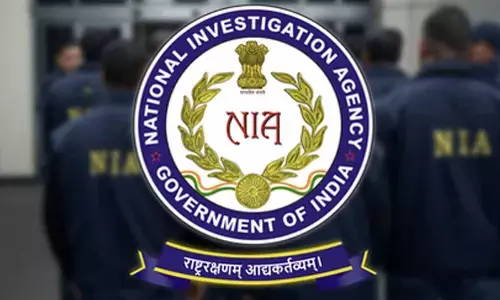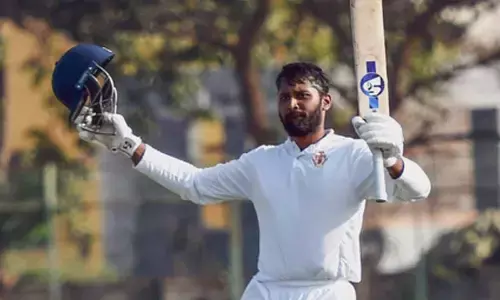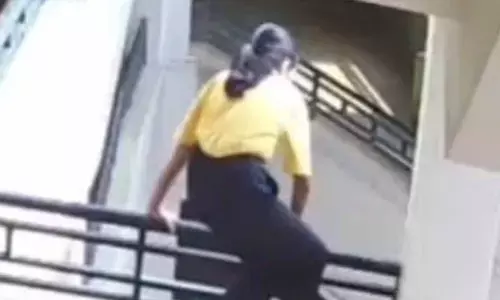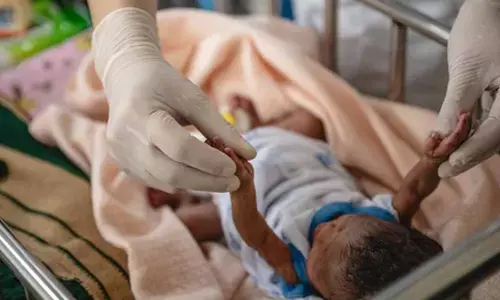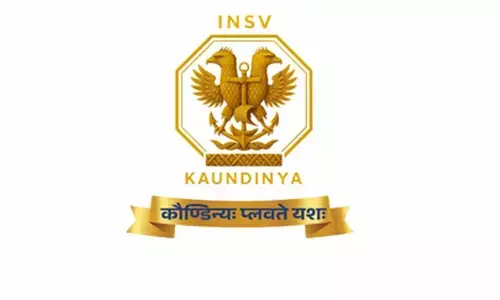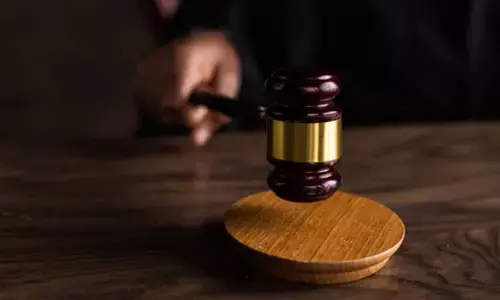Tensions Rise as Conflict Between Raj Bhavan and State Secretariat Escalates in West Bengal
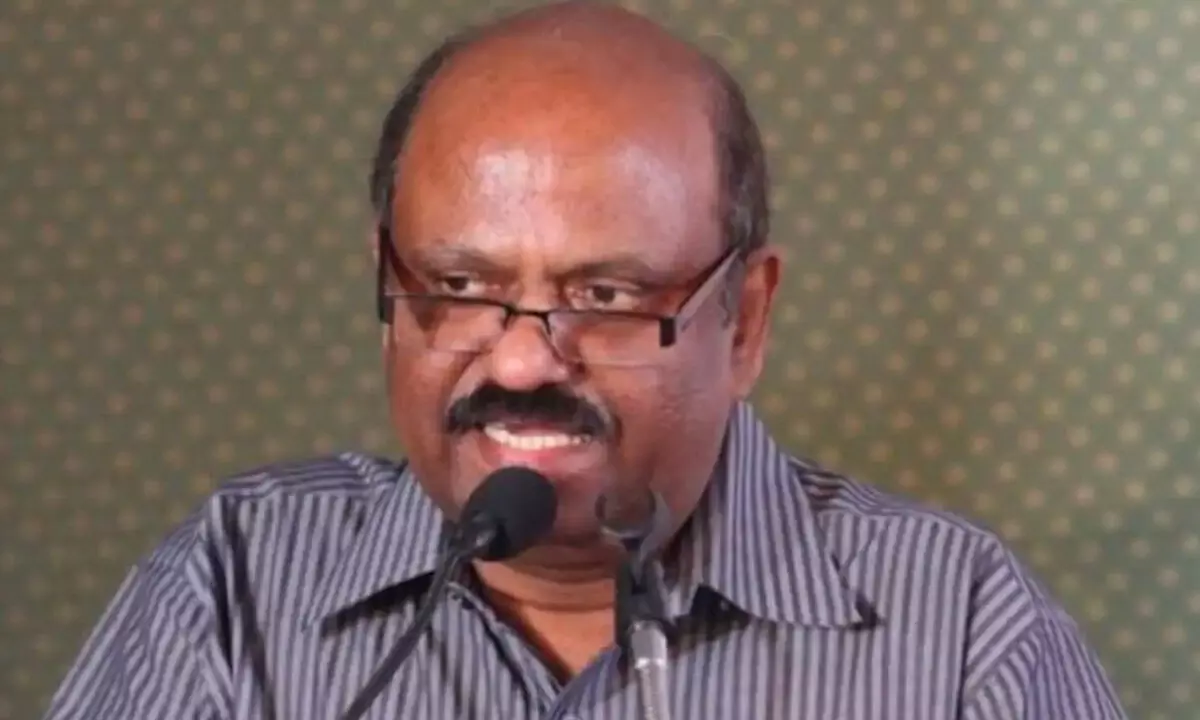
- Firstly, there were ongoing clashes and violence surrounding the rural civic body elections.
- The second issue revolves around the decisions and directives made by Governor CV Ananda Bose regarding the governance of state-run universities.
The signs indicating the end of the honeymoon period had been present for a while. However, in the past week, the conflict between the Raj Bhavan (Governor's residence) and the state secretariat in West Bengal escalated to new heights.
Two issues sparked the recent feud between the two entities. Firstly, there were ongoing clashes and violence surrounding the rural civic body elections. The Governor took a proactive approach by visiting districts, and interacting with victims and their families, which faced sharp criticism from the state government and the ruling Trinamool Congress party.
The second issue revolves around the decisions and directives made by Governor CV Ananda Bose regarding the governance of state-run universities. The state government and ruling administration have accused the Governor of overstepping his constitutional authority with these actions.
The actions taken by the Governor have not been well-received by the ruling party. This includes the establishment of a "Peace Room" within the Raj Bhavan, where victims of clashes and violence can directly contact or file complaints, as well as the Governor personally visiting the sites of violence to interact with the victims. The Trinamool Congress's state spokesman, Kunal Ghosh, and party legislator, Madan Mitra, have been particularly vocal in criticizing the Governor.
Mitra suggested that the Governor should book his return ticket from Kolkata after the completion of the panchayat polls, in which the Trinamool Congress achieved a resounding victory. Ghosh went further by accusing the Governor of misusing Raj Bhavan funds for publishing a book authored by him and referred to the Governor as the 'chairman of the opposition parties in West Bengal.'
Regarding the governance of state universities, the Governor's decisions to appoint interim vice-chancellors for 11 universities, introduce parallel awards for educationists, students, and researchers, and propose the concept of "student vice-chancellors" have further strained relations between the Raj Bhavan and the state secretariat. Although a division bench of the Calcutta High Court upheld the Governor's decision to appoint interim vice-chancellors, it did not put an end to the ongoing criticism from the ruling party.
State Education Minister Bratya Basu has been the main critic of the Governor in this matter, stating that the Governor has been acting according to his own whims without consulting the state government or the education department.
According to the counsel of the Calcutta High Court, Kaushik Gupta, the establishment of the "Peace Room" within the Governor's House is legally and administratively justified. The complaints received at the "Peace Room" are reportedly forwarded by the Raj Bhavan directly to the West Bengal State Election Commission for appropriate action. This move by the Governor demonstrates that, as the constitutional head of the state, he is concerned about election-related violence and is appropriately referring matters to the competent authority responsible for ensuring fair and free elections. This constitutionally strategic move has left the state government and the ruling party without any administrative or legal response, leading them to resort to political attacks.
Likewise, the court has criticized the state government's retaliatory administrative action of ordering stop-payments for salaries, allowances, and other financial benefits of the interim vice-chancellors appointed in state universities. The division bench, presided over by Justice Sivagnanam, not only upheld the Governor's decision regarding these appointments but also explicitly stated that it is the responsibility of the state government to bear the expenses for the payments of salaries, allowances, and other financial entitlements of these vice-chancellors.
Columnist RN Sinha pointed out that the Governor, as the chancellor of all state universities, made these appointments of interim vice-chancellors based on his position. He emphasized that conflicts between the Raj Bhavan and the state secretariat are not uncommon in West Bengal. During the previous Left Front regime, there was a clash between the then Governor Gopal Krishna Gandhi and the Left Front government over the police firing and violence in Nandigram, which was a source of delight for the Trinamool Congress at that time. Now, with the Trinamool Congress in power, opposition parties are keenly observing the ongoing tensions.





